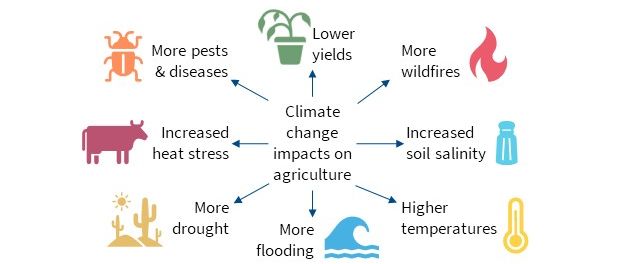The Potential of Biotechnology in Climate Change Adaptation

Course Content
Introduction
-
Definition of biotechnology and its relevance to climate change adaptation
00:00 -
Importance of finding solutions for climate change adaptation
00:00